|
Well, I completely forgot that I started this blog a year and a half ago! I regret that I never posted anything regarding the creation of The Isle of Merlin last year, but I am excited to announce that I will be mounting a shadow puppet production of Schubert's Die Winterreise! That may sound odd, but when you think about it, it makes perfect sense. I feel that shadow puppets lend themselves beautifully to bleakness, and I've been dying to depict a gloomier work through this medium. I have been considering Mozart's Requiem or Pergolesi's Stabat Mater toward this end, and these pieces may well materialize at some point, but I've been twizzed out over Schubert over the past couple months, and have been having a strangely wonderful time delving into this work. Plus it has the advantage of requiring minimal forces, which would make it financially feasible to produce, and I can puppeteer since I don't actually have to sing it! 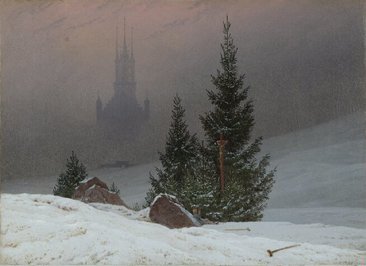 Caspar David Friedrich is my favorite German romantic painter ever! You will see a lot of him in this series of blog posts. Caspar David Friedrich is my favorite German romantic painter ever! You will see a lot of him in this series of blog posts. What exactly appeals to me about this work? I just recently got all my CDs, all five shelves of them, into my small bedroom, when they had been languishing in storage for the better part of three years. I discovered that I have a whopping five recordings of Die Winterreise, and I had never given a serious listen to any of them! Us youngsters, which I define as under the age of 50, have a hard time listening to music and doing nothing else. This is a skill that is really an art. I had to date a man twenty years my senior to realize how important it is to spend time genuinely listening to music while doing absolutely nothing else. These songs are not immediately catchy or even necessarily melodic at all times, generally through-composed, and they often require attention to the poetry behind them to be fully appreciated. I've taken to a habit now in listening to Schubert's songs where I will listen to each one at least three times: once for the vocal melody, once for the poem, and once for the accompaniment. The accompaniment is often the best part, and it's not uncommon for me now to listen just for the accompaniment most of the time. I find this to be especially true in Die Winterreise. For me the piano says so much more than the vocal line, it's what really brings the poems to life. What secretly appeals to me about Die Winterreise is very personal, and kind of funny in a tragic kind of way. Back when I was in college trying to be a painting major, one of my assignments was to create a white painting. Our teacher would take us to the slide library at the University of Washington once a week to show us slides of masterful paintings on a certain technique she was showing us. I would always get so inspired by these slide shows that apparently I would express myself too much. One week she was showing us how many colors could be depicted in "white" and then we went back to the studio to paint an all white still life. I abandoned myself to highlighting all the colors I could see in "white," so many blues, greens, and especially pinks! Practically neon in their shimmering dance, it was an exuberant delight for me to see this vivid panoply of color in what was supposed to be the absence of color. The teacher passed by and gazed at my work while I was inspired by this dizzying array of chromatic joy and said, "that is...simply...awful!" I was forced to tone it down into the most mediocre piece of crap I had ever seen. As soon as this class was over I decided to become an art history major instead of a painting major because at least then I would know what had already been done so I wouldn't repeat it. This production of Die Winterreise is my attempt to reclaim the color white for myself! There really is so much color in white! I want to show you all the whole rainbow, plus some. Furthermore, while white light contains all colors, the same can be said for love. The truest, most spiritual form of love is just love, all white, containing all colors. It is a human need to classify and label love into its individual colors: friend, lover, brother, teacher, mother. Spiritual love doesn't delineate, it just is. I feel like this is the ostinato behind Die Winterreise (one of several: the motif of wandering, and that of staccato, frozen dripping being others) that true love is really all there is, a blank canvas for us to paint our expectations upon, whether they be for good or ill. Admittedly, on the surface, Die Winterreise can seem a little bit too thematic. There is a lot of repeating imagery, or at least it is a variation on a rather limited theme, and the color white can be seen as either very limited, or very freeing, depending on your perspective. It is a trip deep into the core of heartbreak, and I know we've all experienced it...don't pretend you haven't! I know I have, and I emerged alive, if only barely. Transmutation is key. Sometimes I like to wander through the park and have pretend conversations with Schubert, who I sometimes affectionately call "Franzie Pie" about random things. I asked him once about Die Winterreise...is it really just a 24 poem pity party? He said, "Oh no, it's so much more than that! It is all about transmutation. Grief can only be transcended through art. Art should ultimately transform into other beauties. Notice how the wanderer is constantly making his grief beautiful. Sometimes he remakes his sorrow anew into drawing, poetry, even unto other gods themselves! The cycle ends with Der Leiermann because the wanderer realizes that his sorrow can be turned into song. This is the ultimate goal." I literally stopped in my tracks upon the trail at Carkeek Park and said aloud, "Yes! Wow! That's it!" Die Winterreise is truly alchemical. Every artist turns their grief into true art. I even once lamented as a teenager that I had had a "happy" childhood, which would make the creation of true art much more difficult. Luckily, I wasn't as happy as I thought I was, and life only went downhill from there, so plenty of art in varying degrees of quality have since sprung forth from my fingers. 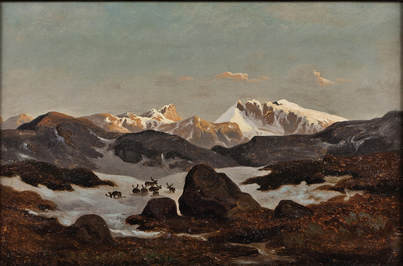 Snow in Mountains by Hans Gude Snow in Mountains by Hans Gude This all comes back to how the heck I'm going to approach this work as a shadow puppet opera. I want to see the profound truths, the deep wisdom behind the pain in this work, the unfolding into greater beauties. I like the idea of responding to poetry with more poetry, so to bring that element of hope, and maybe even a greater, more esoteric representation into Die Winterreise, I've decided to respond to each poem with one of my own, an answer in the guise of a spirit guide. So I will present these responses in order. If I was watching over a poor soul like Wilhem Müller or Franz Schubert as a spirit guide, and they were speaking to me in these poetic tropes, what would I say to them? Gute Nacht (for a translation of the original see here)
To me you have never been a stranger, nor shall you ever be. January is as beautiful as May, though its pearls are invisible upon the snow. Your lot has always been to seek, but what will become of you when you find? Behind every shadow is a light. Beyond hoof prints trots the deer. You are feral but unforgotten, a master unto himself. Love flies from candle to candle and alights even upon the darkest wick. Your heart is a true compass, wiser yet than my words. Though you close this gate behind you in the dead of whitest night, one day you’ll say good morning to your fairest hidden light. Check back for more poetic responses.
1 Comment
|
AuthorHi, Juliana Brandon here. This is where I let you peek behind the scenes here at Paper Puppet Opera. See works in progress, rehearsal snippets, and learn more about the history behind each production. Archives
March 2023
Categories |
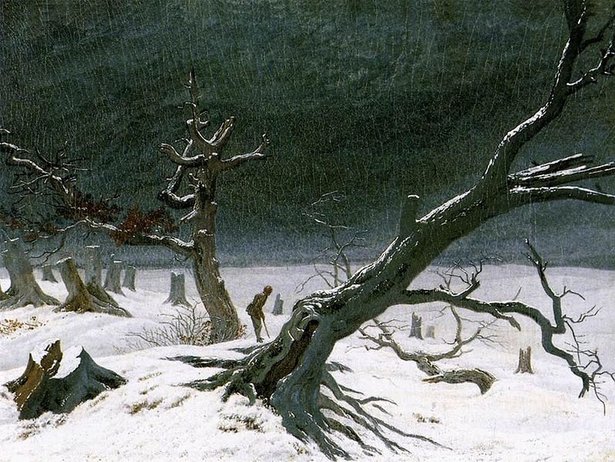
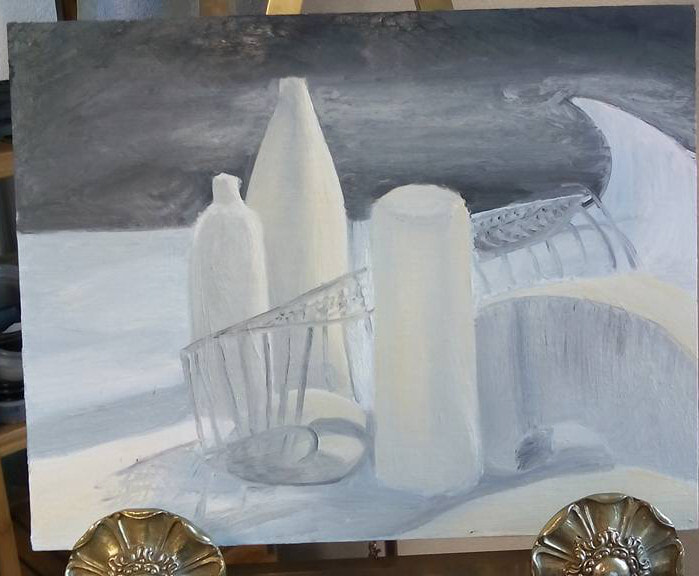
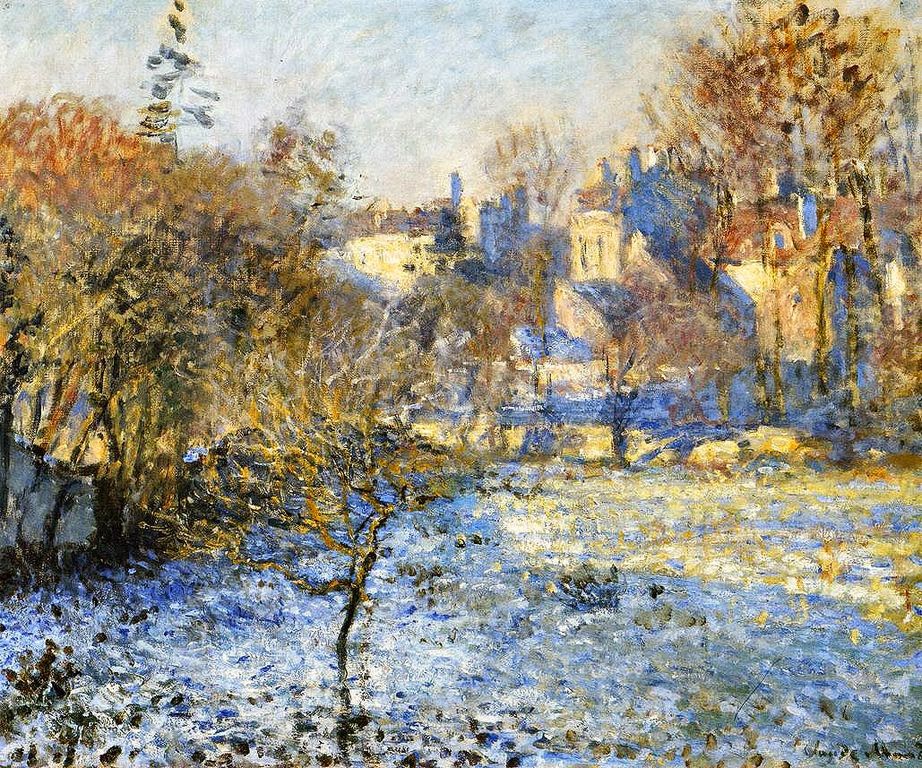
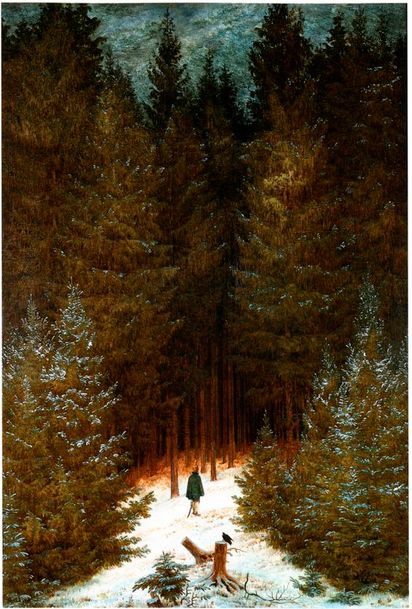
 RSS Feed
RSS Feed